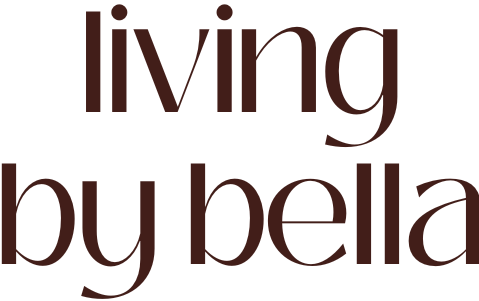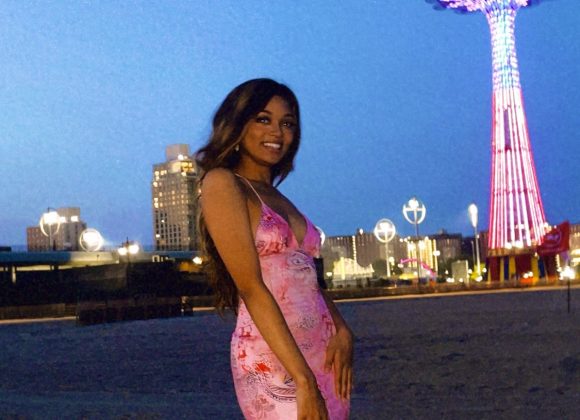This isn’t about who deserves wings. It’s about how we built a world that needs them.
The Victoria’s Secret Fashion Show is back, and everyone’s getting ready to blow out their hair and glitter their eyes. Angel Reese made the lineup, and the internet’s choking on whether she’s “model enough.” Let’s be honest, this debate isn’t about her, her race, or even her body. It’s about us. Our collective addiction to chasing what will never love us back.
We miss women who looked sculpted by cruel standards, hips sharp enough to carry wings so white they made you forget your own reflection. We miss the myth of beauty, not the daily maintenance of jaw straps and lip paint just to wake up. The late ’90s Angels weren’t people; they were permission slips for delusion. They let us believe perfection was possible, and somewhere along the way, it became the standard.
Today we live in the age of relatability. Unfiltered selfies. “I’m bloated too.” Girls eating pizza in matching robes. Cute. Empowering. But no one dreams of being cute. We want to feel the ache of awe again, the kind that makes you stand straighter and want more.
Because here’s the ugly truth: the unattainable keeps us alive. It gives the climb meaning. Some would argue that the day everyone’s attainable, we flatline.
The Death of Fantasy
When Victoria’s Secret fell, we told ourselves it was because the world evolved, because the old idea of “sexy” had expired. But deep down, culture didn’t reject fantasy; it just lost the budget for it. We replaced angels with algorithms, catwalks with content. The spectacle became ourselves.
Influencers sold us authenticity as empowerment, but it’s also exhaustion. Being relatable means never being done. There’s always a new confession, another “real” post to prove you’re still human. The Angels didn’t have to prove anything; they existed as fantasy, and that was enough. Although there are those that still exist as fantasy, we continue to bash them. But VS Angels get a pass.
Relatability gives comfort. Fantasy gives transcendence. You can’t scroll both. We don’t want to watch people we could be; we want to watch people we could become.
Angel Reese
Angel Reese’s inclusion isn’t shocking, it’s strategy. Victoria’s Secret knows we’re tired of pretending we want reality; we want fantasy that looks like it might actually love us back.
But somewhere between “representation matters” and “she’s not model enough,” we revealed the real truth: we don’t know what we want. We want to be both goddess and girl next door, idol and everywoman.
Angel Reese is fantasy, just not the kind this culture learned to worship. And while she has an athletic body many would take years to attain, some still say she’s not enough.
So if Angel Reese isn’t “good enough”, then let me ask you, how high is the bar we set for ourselves?
Desire as Currency
Comparison is how we measure desire. When everyone’s on the same level, no one’s interesting. You don’t want to relate to your ex boyfriend’s new girlfriend; you want to outrun her. You don’t follow an influencer because she’s real; you follow her because she’s real and somehow better.
We strive for people as much as we want people to strive for us. We need a ladder, even if it’s burning.
Maybe that’s why the Victoria’s Secret comeback matters more than we admit. It’s about longing.
Because when everyone’s attainable, what’s left to want?
But then again, maybe we don’t miss the Angels. Maybe we miss that heaven existed in the first place.
And just to be clear, I’m not glorifying the myth, I’m exposing our obsession with it.





